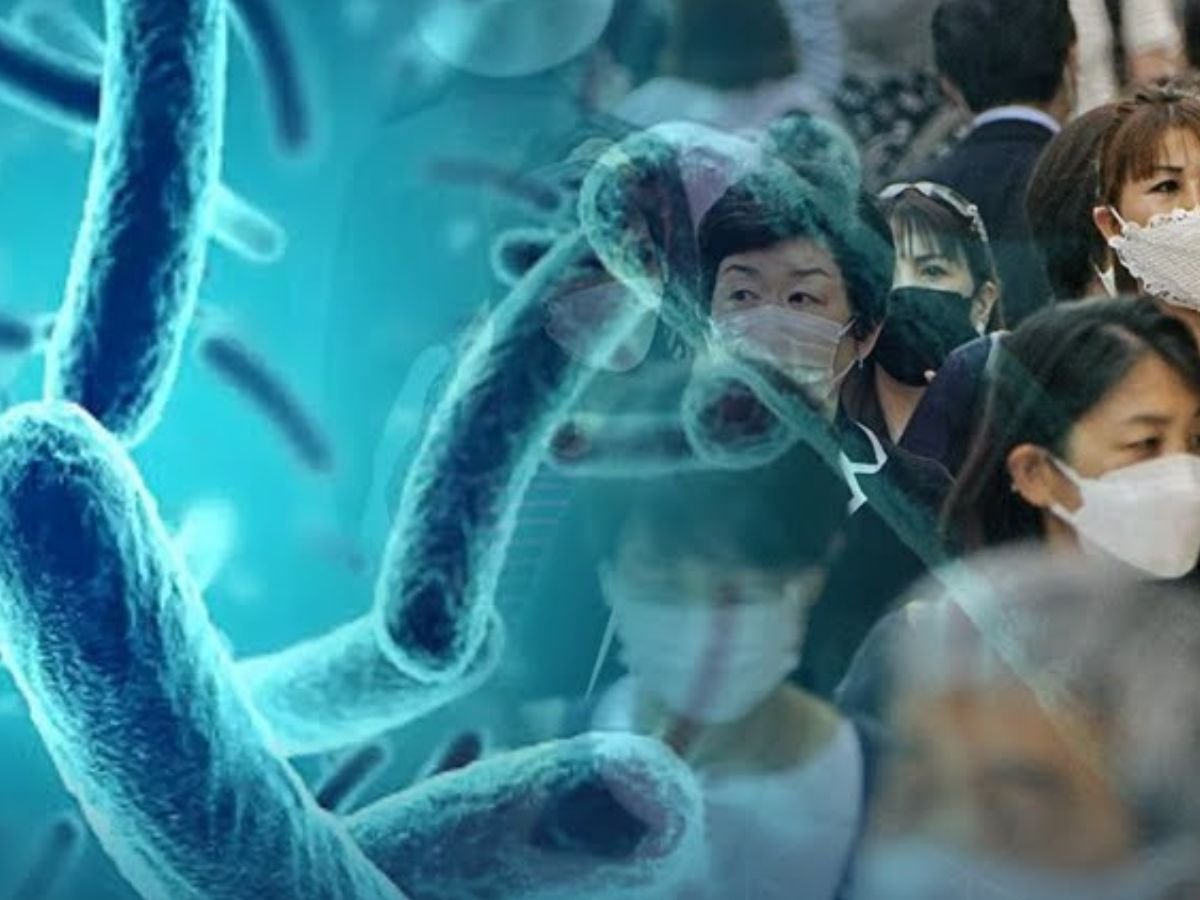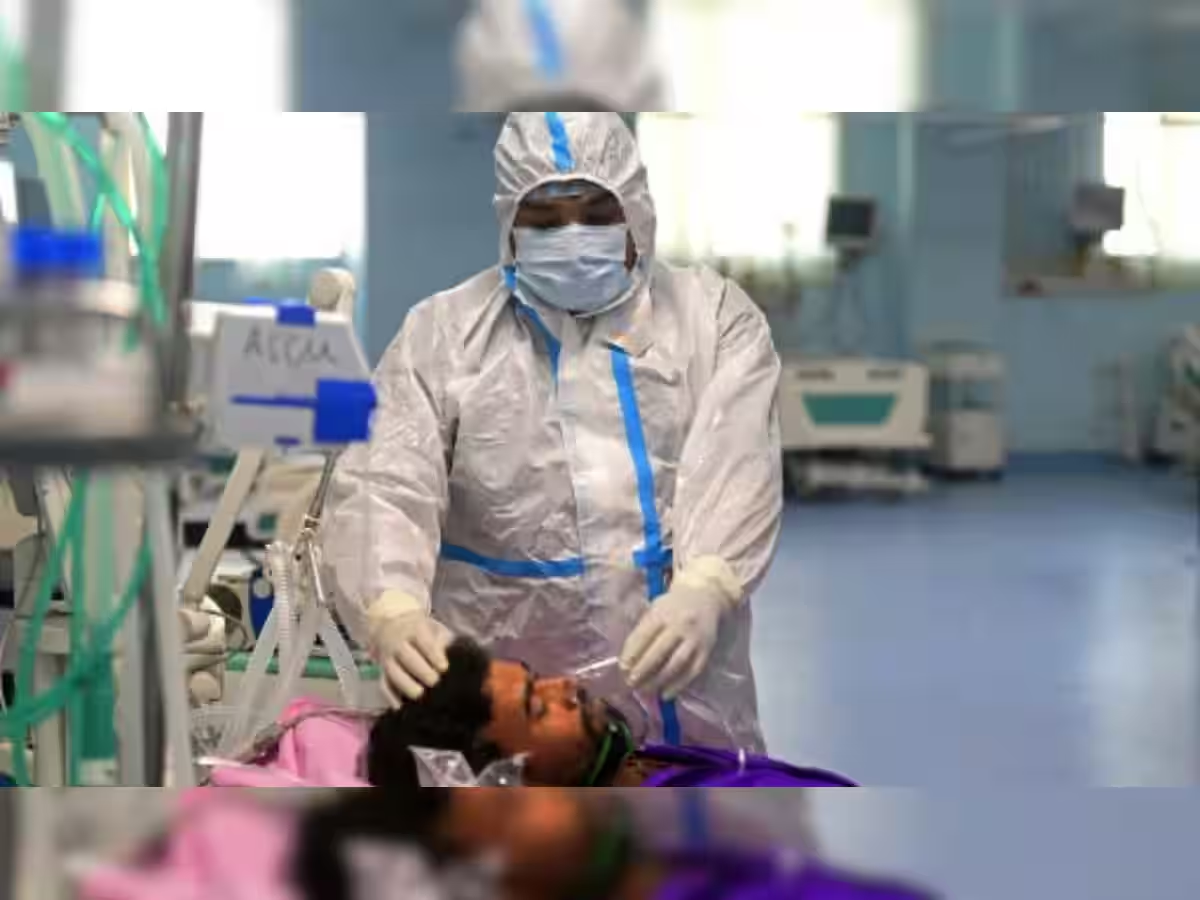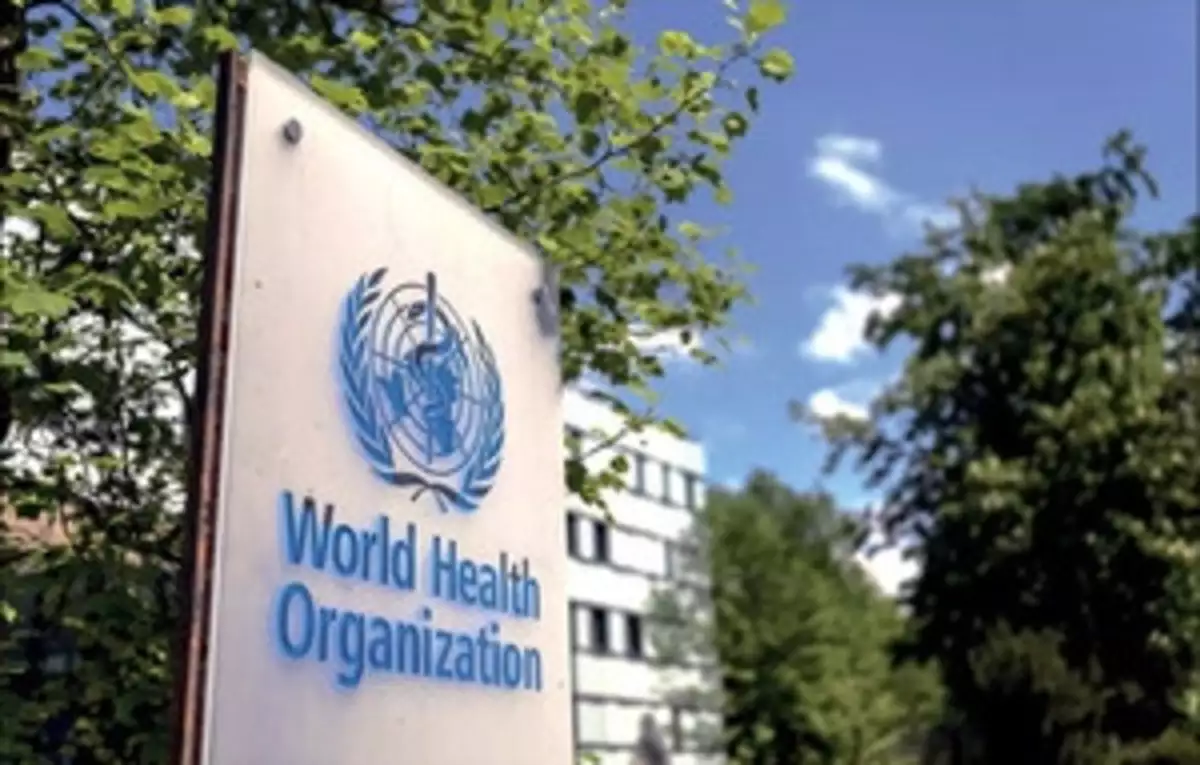New Delhi, 08 May 2025: Thailand is currently facing a deadly anthrax outbreak that has raised serious health concerns worldwide. The outbreak, which marks the return of the anthrax bacteria after 30 years, has forced the Thai government to issue an urgent travel warning for foreign visitors, especially Indian tourists. The disease, caused by the Bacillus anthracis bacteria, has made a surprising reappearance, raising alarms due to its potential to cause severe illness or even death if left untreated.
What is Anthrax?
Anthrax is a rare but deadly disease caused by the Bacillus anthracis bacteria, which produces spores that can survive in soil for many years. It primarily affects livestock such as cattle, goats, and sheep, but humans can contract it through contact with infected animals, their products (such as meat, hides, and wool), or contaminated soil. There are four primary types of anthrax infections: cutaneous, inhalation, gastrointestinal, and injection, with inhalation anthrax being the most fatal form.
Symptoms of Anthrax Infection
The symptoms of anthrax depend on the type of infection, but generally include fever, chills, fatigue, muscle aches, and in some cases, skin lesions or swelling of the lymph nodes. Inhalation anthrax, which occurs when spores are inhaled, causes severe respiratory distress and can be fatal within days if not treated immediately. Gastrointestinal anthrax, which results from consuming contaminated meat, causes nausea, vomiting, and abdominal pain.
In the recent outbreak in Thailand, cutaneous anthrax has been identified as the most common form of infection. This is marked by skin sores or lesions that begin as itchy bumps and eventually develop into ulcers with black centers. In some cases, swollen lymph nodes are observed near the infected area.
Urgent Travel Advisory for Indian Tourists
Due to the seriousness of the outbreak, the Thai government has issued an urgent travel warning for Indian tourists planning to visit the affected areas, particularly rural and agricultural regions where livestock handling is common. The authorities have advised all tourists to avoid contact with animals and consume meat only from certified sources.
The Indian Embassy in Thailand has also issued a warning, urging Indian nationals to be cautious and to monitor their health closely. Symptoms like fever, skin lesions, or swollen lymph nodes should prompt immediate medical attention. Indian tourists traveling to Thailand are strongly advised to seek medical care at the earliest signs of infection, especially if they have been in areas where the outbreak is prevalent.
How to Prevent Anthrax
Prevention of anthrax infection largely involves avoiding contact with infected animals and their products. Tourists are advised to:
- Avoid handling animals, especially in rural and farming areas.
- Do not consume meat from unregulated or unknown sources.
- Wash hands frequently and use hand sanitizers.
If you develop symptoms like fever, skin sores, or respiratory issues, seek medical attention immediately.
The return of anthrax in Thailand has become a grave concern, especially with its potentially deadly effects if left untreated. The outbreak serves as a stark reminder of the importance of taking travel warnings seriously and practicing caution, particularly when visiting regions where livestock and animal products are common. Indian tourists are urged to stay informed, follow health advisories, and take all necessary precautions to ensure their safety while traveling.









